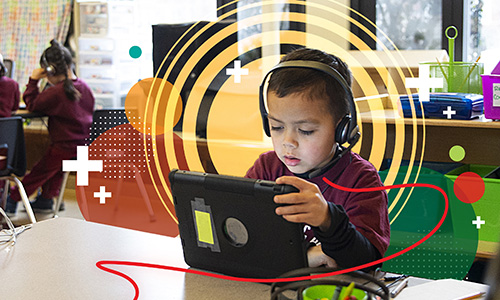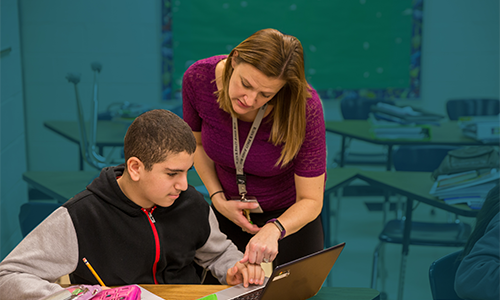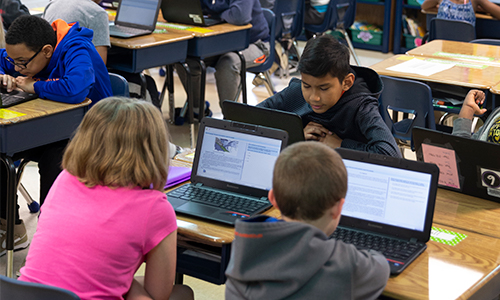Research brief
MAP Reading Fluency with Coach Evidence Base
July 2024
By: Amy Endo

Description
This document provides an overview of the research underlying MAP Reading Fluency with Coach’s AI-powered intelligent reading tutor and the research on key elements of early literacy instruction. It describes the components of the MAP Reading Fluency with Coach pedagogy and the research base supporting each component.
See MoreRelated Topics


English MAP Reading Fluency technical report
This technical report documents the processes and procedures employed by NWEA to build and support the English MAP Reading Fluency assessment.
By: Fang Peng, Kang Xue, Carmen Hall, John Newburn
Products: MAP Reading Fluency
Topics: Test design, Computer adaptive testing, Reading & language arts


Predicting Amira Reading Mastery Based on NWEA MAP Reading Fluency Benchmark Assessment Scores
This document presents results from a linking study conducted by NWEA in May 2024 to statistically connect the grades 1–5 English Amira Reading Mastery (ARM) scores with the Scaled-Words-Correct-Per-Minute (SWCPM) scores from the MAP Reading Fluency benchmark assessment taken during Fall and Winter 2023–2024.
By: Fang Peng, Ann Hu, Christopher Wells
Products: MAP Reading Fluency
Topics: Computer adaptive testing, Early learning, Measurement & scaling, Reading & language arts


Exploring the educational impacts of COVID-19
This visualization was developed to provide state-level insights into how students performed on MAP Growth in the 2020–2021 school year. Assessments are one indicator, among many, of the student impact from COVID-19. Our goal with this tool is to create visible data that informs academic recovery efforts that will be necessary in the 2022 school year and beyond.
By: Greg King
Topics: COVID-19 & schools, Innovations in reporting & assessment


Executive Summary: Content proximity spring 2022 pilot study
This executive summary outlines results from the Content Proximity spring 2022 pilot study, including information on the validity, reliability, and test score comparability of MAP Growth assessments that leverage this new item-selection algorithm.
By: Patrick Meyer, Ann Hu, Xueming (Sylvia) Li
Products: MAP Growth
Topics: Computer adaptive testing, Innovations in reporting & assessment, Test design


Content Proximity Spring 2022 Pilot Study Research Report
The purpose of this research report is to provide detailed information about updates to the MAP Growth item-selection algorithm. This brief includes results from the Content Proximity pilot study, including information on the validity, reliability, and test score comparability of MAP Growth assessments that leverage this new item-selection algorithm.
By: Patrick Meyer, Ann Hu, Xueming (Sylvia) Li
Products: MAP Growth
Topics: Computer adaptive testing, Innovations in reporting & assessment, Test design


COVID-19 in the early elementary years: A comparison of achievement in spring 2019 and spring 2022
New NWEA research provides further evidence of the challenges that young learners are currently facing from the disruptions of the COVID-19 pandemic.
By: Megan Kuhfeld, Karyn Lewis
Topics: COVID-19 & schools, Early learning, Equity


District and school leaders’ perspectives on leading & learning during the COVID-19 pandemic
This report captures the perspectives of district, school, and teacher leaders (hereafter referred to as “local leaders”) to surface best practices for supporting student learning during COVID-19.
By: Hayley Weddle, Ayesha K. Hashim, Ogechi Irondi
Topics: COVID-19 & schools, Empowering educators


